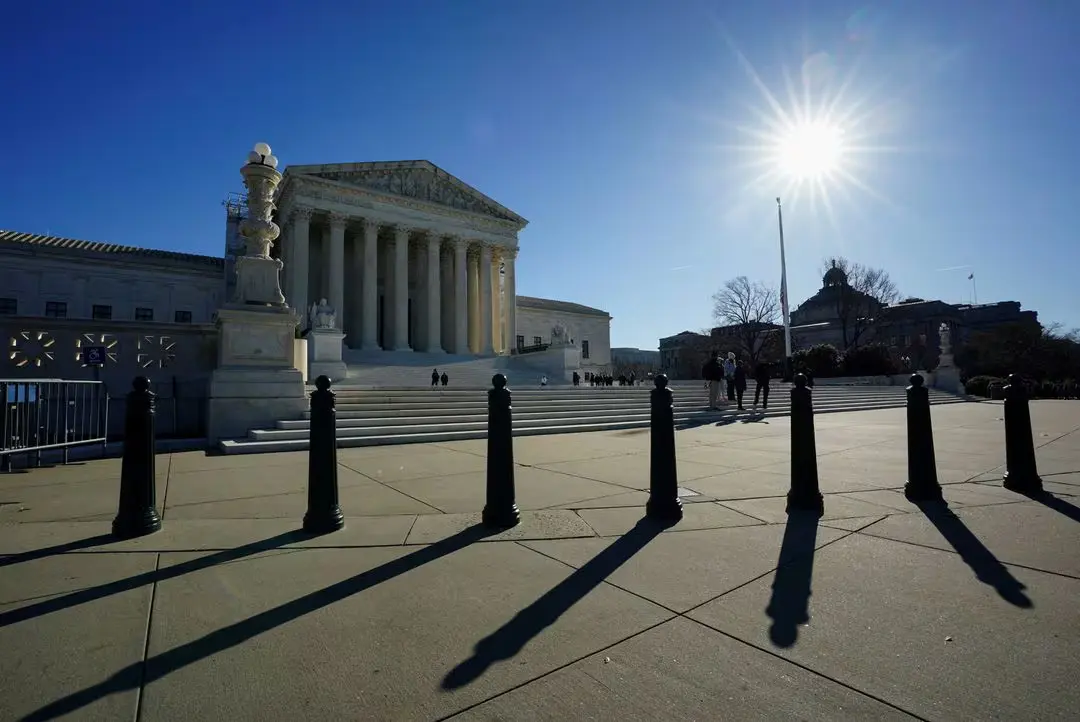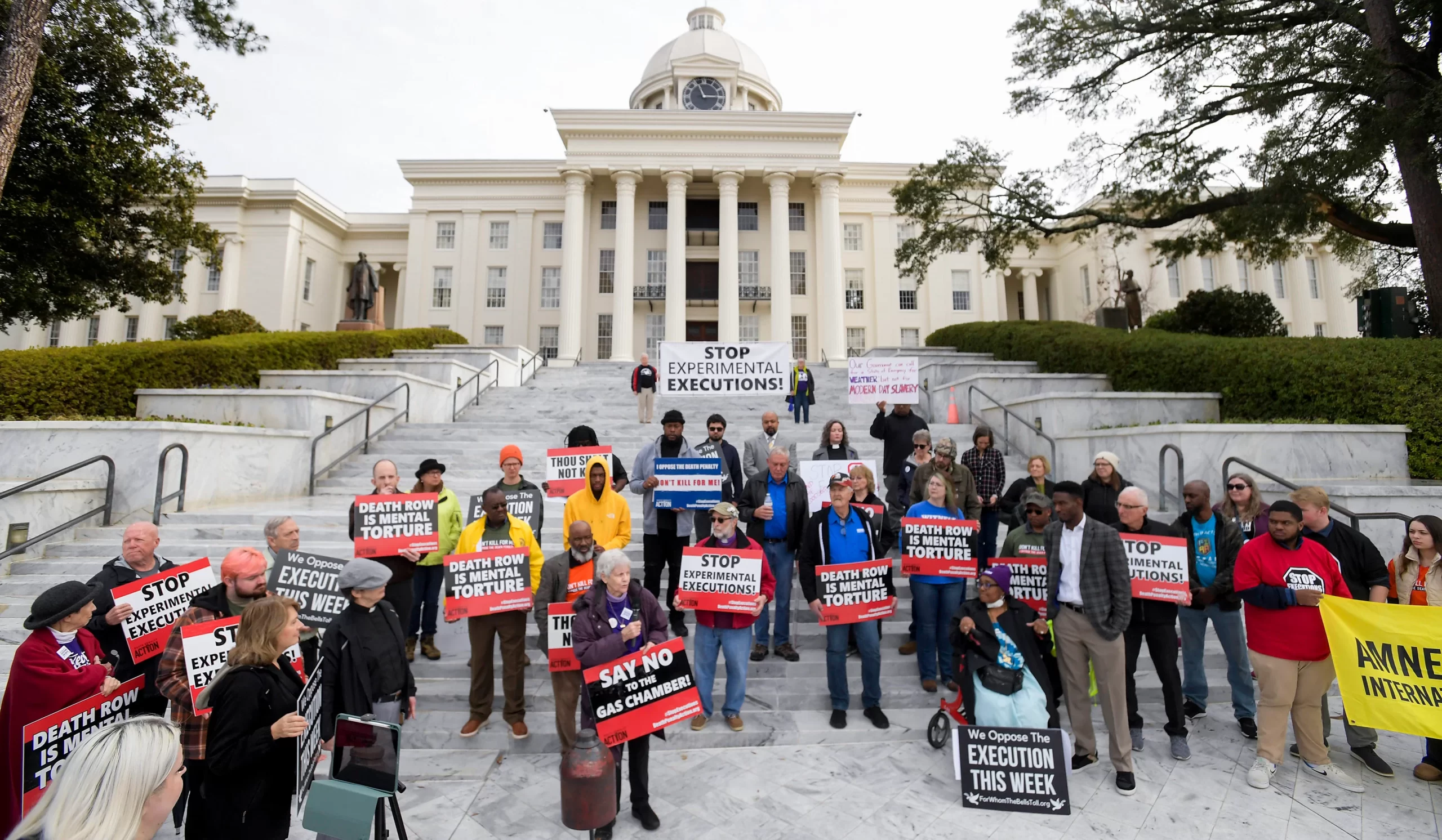(CTN News) – The US Supreme Court rejected a bid on Wednesday to prevent Alabama from carrying out the country’s first execution using nitrogen gas on convicted murderer Kenneth Smith, who survived a botched lethal injection in 2022, prompting a review of Alabama’s death penalty procedures.
The judges refused Smith’s appeal to postpone his execution, which was set for Thursday. They also refused to consider his legal challenge, arguing that a second execution attempt by Alabama, after the first unsuccessful attempt caused him serious trauma, would violate the US Constitution’s Eighth Amendment safeguards against cruel and unusual punishment.
The Supreme Court‘s decision removes one of the last remaining obstacles to one of the most cruel planned executions in recent years. Alabama will have a 30-hour window to execute Smith beginning Thursday unless another court or state officials intervene at the last minute.
The nation’s highest court did not explain its ruling. In recent years, with a six-to-three far-right supermajority established by Donald Trump’s three nominations, the court has been increasingly reluctant to intervene to halt pending executions.
As their final hours approach, many death row convicts have lost their last hope.
Smith told the Guardian in a phone conversation this week from his cell at the Holman Correctional Facility, where the execution is scheduled, that he was not prepared to return to the death chamber.
The state tried to execute him once before, in November 2022, when he was strapped to a gurney for four hours in an unsuccessful effort to inject him with fatal chemicals.
“They haven’t given me a chance to heal,” said Smith, who was diagnosed with PTSD following the failed attempt. “I’m still hurting from the first execution, and we’re doing it again. They won’t even let me have post-traumatic stress disorder; you know, this is chronic stress condition.”
The Department of Corrections now proposes using a procedure that has never been tested in the United States. Smith, 58, is forced to breathe pure nitrogen through a gas mask in a procedure known as “nitrogen hypoxia” to create deadly oxygen deprivation.
Veterinarians in the United States and Europe have ruled out nitrogen as a euthanasia strategy for most animals other than pigs. Laboratory studies have revealed that it can cause suffering in many species, and most experts advise against it for ethical reasons.
The plan to employ nitrogen for the first time has sparked significant resistance in the United States and abroad. Hundreds of Jewish religious and community leaders from across the United States have written to Alabama’s Republican governor, Kay Ivey, urging that the execution be halted.
“Just the idea of using gas for executions is an affront to our community,” said Mike Zoosman, co-founder of L’chaim! Jews Against the Death Penalty, which organised the letter.
He went on to say, “The Nazi legacy of experimentation to find the most expeditious way to rid our community of undesirable prisoners is … a history that should not be repeated in Alabama, or anywhere.”
United Nations specialists have also jumped into the mix, accusing Alabama of planning a human experiment on Smith that would violate international law.
There has also been criticism of Alabama’s clandestine approach to preparing for Smith’s legal execution. The state’s procedure for employing nitrogen as an execution method is tightly redacted, making it difficult for the public to see what will happen in the death chamber.
“Alabama is once again attempting to hide the reality of what happens in the execution chamber,” said Maya Foa, joint executive director of the international human rights organisation Reprieve.
“Witnesses will not be able to tell how much Kenneth Smith is suffering as the nitrogen kills him – like the lethal injection protocol before it, the nitrogen protocol is specifically designed to hide pain.”
Smith was sentenced to death for the 1988 murder of Elizabeth Sennett. Prosecutors claimed that her husband, pastor Charles Sennett, paid Smith and another man $1,000 apiece via an intermediary to carry out the killing.
When accusations were raised about the preacher, he committed suicide. According to authorities, he took out a life insurance policy on his wife after falling deeply into debt.
The jury in Smith’s trial first decided to sentence him to life in prison. However, the judge overruled them, condemning him to death row and his current position in the death chamber.








